Responsible for the coordination and management of research and research capacity building programs. Promotes the widespread dissemination of research results and other new knowledge both nationally and internationally to individuals with disabilities, families, service providers, researchers, and others through appropriate and accessible media, training, and technical assistance. Sponsors research that can be used to promote the use of appropriate assistive technology and the development of coordinated systems of technology services.
Provides general staff support for the Disability, Independent Living, and Rehabilitation Research Advisory Council. Coordinates all meetings, provides advice and assistance, and prepares and issues reports or recommendations as appropriate. Chairs and supports the Interagency Committee on Disability Research , authorized by section 203 of the Rehabilitation Act, and promotes the coordination of disability independent living, and research throughout the federal Government. Coordinates its activities with other federal agencies and participates in joint-funding of rehabilitation research and related activities, in collaboration with the ICDR. Prepares and submits to Congress a long-range plan for rehabilitation research and provides necessary data and information required by the National Council on Disability.
The ICDR is also responsible for preparing a comprehensive government-wide strategic plan for disability, independent living and rehabilitation research and ensuring accountability for achievement of measurable goals, objectives and timetables. Provides leadership and a central strategic focus for ACL's efforts to work with states and communities to develop single entry point/no wrong door systems of access to long-term services and supports for seniors, persons with disabilities, and their families and caregivers, in coordination with CMS and other Federal agencies. Promotes initiatives to expand access to services and the development of more responsive service systems, including person-centered planning and self-directed service models.
Implements partnerships with external stakeholder organizations to enhance access to integrated systems of services that support both older Americans and persons of all ages with disabilities. Coordinates with the Department of Veterans Affairs on the development and implementation of their long term services and support programs, including the Veteran-Directed Home and Community-Based Services program and caregiver support programs. Provides technical assistance and support services to programs funded under the AT Act to make assistive technology devices and services more available and accessible to individuals with disabilities and their families.
Works with NIDILRR and other ACL components to facilitate and accelerate the translation of relevant research findings into practice nationwide. Administers grants to support independent living programs that offer financial assistance to provide expanded and improved independent living services. Develops and supports statewide networks of centers for independent living and improves working relationships among state independent living rehabilitation programs, centers for independent living, statewide Independent Living Councils , Rehabilitation Act programs outside of Title VII, and other relevant federal and non-federal programs. Manages other grants, contracts or cooperative agreements to provide training and technical assistance with respect to planning, developing, conducting, administering, and evaluating centers for independent living. Ensure compliance with the Rehabilitation Act, which establishes a set of standards and assurances that centers for independent living must meet and requires development and publication of indicators of minimum compliance with the standards.
The Regional Support Centers (BAC1-BAC10) serve as the focal point for the administration and coordination of Older Americans Act programs within their designated HHS regions, and coordinate with ACL program offices as needed on other ACL programs that support state and local efforts to improve community living for older adults and persons with disabilities . Represent the Administrator within the region, providing information for, and helping to advance the development of, national programs serving older adults and persons with disabilities. Specifically, ACL develops, recommends and issues regulations, policies, procedures, standards and guidelines to provide direction for the programs it administers. Approves or disapproves plans and funding applications for national programs providing community-based long-term services and supports.
Administers programs for training, research, demonstration, evaluation and information dissemination. Administers national centers for service development and provides technical assistance to states, tribal organizations, local communities and service providers. These initiatives involve partnerships with other federal agencies and external stakeholders at the national, state, and local level and the management and execution of technical assistance activities, including the identification and dissemination of best practices and program models.
Provides leadership and strategic direction to guide the administration of ACL programs that assist consumers in understanding their health care and long-term services and supports options, improve access to services including assistive technologies, and prevent fraud and abuse. Consults with, provides technical assistance to, and supports the education of states and local community service providers in the development of plans, goals, and system development activities. Supports the coordination of programs within HHS and with federal, state, community and private-sector partners.
The Office of Consumer Access and Self-Determination plans and directs the implementation of programs designed to enhance consumer access to long-term services and supports, including integrated systems of services and person-centered programs and systems at the state and local level that support community living. Supports state and community efforts to improve the provision of assistive technology for individuals with disabilities of all ages through comprehensive, statewide programs that are consumer responsive. OPS is responsible for the coordination, oversight, management and evaluation of the State Councils on Developmental Disabilities, the Developmental Disabilities Protection and Advocacy Systems, and the University Centers for Excellence in Developmental Disabilities grant programs as authorized by the DD Act. OPS is responsible for the development of procedures and performance standards that ensure compliance with the DD Act and that improve the outcomes of the programs in increasing the independence, productivity and community inclusion of persons with developmental disabilities.
OPS conducts routine and special analyses of state plans of State Councils on Developmental Disabilities, statements of goals and objectives of state Protection and Advocacy systems, and five-year plans of the University Centers for Excellence in Developmental Disabilities, to ensure consistent application of AIDD program goals and objectives. Provides program development services, develops and initiates guidelines, policy issuances and actions with team participation by other components of AoD, ACL, HHS and other government agencies to fulfill the mission and goals of the DD Act, as amended. ACL's visibility within the Department of Health and Human Services and with other federal agencies helps ensure that federal policies and programs allow all individuals across the lifespan to live with respect and dignity as full members of their communities. As an operating division of the US Department of Health and Human Services, ACL is not required to have its own Chief Data Officer or Statistical Official. But ACL does have a governance structure to coordinate the use of evidence for program operations and policy making. The Office of Performance and Evaluation staff work with staff across ACL to define and implement ACL's learning agenda and evaluation plan.
This includes semi-annual meetings with ACL leadership and management staff and annual consultation with all program managers. In FY 2019 ACL funded a council to improve ACL's data governance, including the development of improved processes and standards for defining, collecting, reviewing, certifying, analyzing, and presenting data that ACL collects through its evaluations, grant reporting, and other administrative data collections. ACL is also a member of the Interagency Committee on Disability Research and the Interagency Forum on Aging Related Statistics. These councils promote coordination of federal data, set federal research priorities, work closely with policy makers, and inform comprehensive government wide strategic plans for aging, disability, independent living, and rehabilitation research. The Center for Integrated Programs serves as the locus within ACL for the administration of programs and initiatives that serve both older adults and persons with disabilities, including consumer access and protection programs. Also manages programs and initiatives that promote the use of self-directed and person-centered service models and advance the development of health and long-term care services and support systems that are responsive to the needs and preferences of older adults, persons with disabilities, caregivers, and families.
CIP also implements initiatives at the national, state and local level to strengthen the capacity of ACL's network of state and community-based organizations to play a meaningful role in the transformation of our nation's health and long-term service and support systems. Advise the Administrator on problems and progress of programs; evaluate the effectiveness of programs and services in the regions and recommend changes that would improve program operations and enhance effectiveness; and provide guidance to agencies and grantees in applications of policy to specific operational issues requiring resolution. Facilitate interagency cooperation at the federal, regional, state and tribal levels to enhance resources and assistance available to older adults and persons with disabilities.
Disseminate and provide technical assistance regarding program guidelines and developments to state agencies, tribal organizations, and local community service providers. Staff of the Office for Performance and Evaluation oversee the evaluations and act as liaisons between program staff and evaluation contractors. While program staff are encouraged to write forwards for evaluation reports, they do not influence the findings.
ACL's evaluation policy states that ACL will conduct evaluations through the competitive award of grants and contracts to external experts who are free from conflicts of interest. Further, the Director of the Office of Planning and Evaluation has authority to approve the design of evaluation projects and analysis plans as well as to approve, release and disseminate evaluation reports. While all ACL programs are required to report on program results, over the past 10 years ACL has evaluated or is in the process of evaluating at least one program in 55% percent of its major budget lines. The programs least likely to be evaluated are resource centers and projects like State Councils on Developmental Disabilities that are self-governing organizations charged with identifying the most pressing needs of people with developmental disabilities in their state or territory. Evaluation data have been used to improve programs through updating funding requirements and refocusing technical assistance.
The ACL Business Acumen Learning Collaborative2 is a community-level effort to improve the business acumen of the organizations and agencies that provide community-based services. Greenlee noted the tremendous support that The John A. Hartford Foundation and The SCAN Foundation have given as ACL has worked to change the network of services it supports and to make previously free services more sustainable in an uncertain funding climate. "We are taking a national network of nonprofits—the area agencies on aging centers for independent living—and changing their fundamental business structure," Greenlee said. "Not their mission, not their value, not their contribution, their structure." These are primarily grant-based organizations that receive money from the federal government via the states and the Older Americans Act, she explained. They are learning to become providers, to demonstrate their economic value, and to bill for their services. Possible opportunities include establishing meal providers that hospitals can contract with to deliver meals to the home of someone recently released from the hospital.
Other services that might be able to generate fees rather than subsist on grants include community-based transportation networks and case management. The challenge is that there is an assumption that all of the free community services are plentiful and will continue to be available for the clients of large long-term care providers, managed-care organizations, and hospital systems, even in an uncertain funding climate. As the Obama Administration comes to a close, Greenlee and her colleagues at HHS have been working on a proposed budget for 2017.
One question the Office of Management and Budget has asked was why the Centers for Medicare & Medicaid Services is not doing this work. The Office of Research Sciences is responsible for national and international programs of research, training, and knowledge translation. Develops and manages a comprehensive program of grants, cooperative agreements, and contracts that address all of NIDILRR's research, capacity building, and knowledge translation activities.
Sponsors research on, and development of programs and interventions involving technological systems, techniques and devices to overcome environmental barriers, and enable persons with disabilities to maximize community living and participation, employment, and their health and functional abilities. Responsible for providing research-based knowledge to industry to facilitate development, marketing, and distribution of aids and devices that can be used by people with disabilities. Determines criteria and standards and sets priorities for all NIDILRR research, training, and evaluation activities in the areas of community living and participation, employment, and health and function. OI is responsible for the coordination, oversight, management and evaluation of the Projects of National Significance program, including the Family Support and the Direct Support Workers grant programs as authorized by the DD Act. OI ensures the dissemination of grantee results, including project results and information produced by AD grantees, in coordination with the Independent Living Administration and the Office of the Commissioner on Disabilities.
Manages cross-cutting research, demonstration and evaluation initiatives consistent with the purposes of the DD Act, with other components of ACL, HHS and other government agencies to promote and integrate the grant programs into cross-agency and cross-disability efforts. Coordinates information sharing and other activities related to national program trends and studies, reviews and analyzes other federal programs providing services applicable to persons with developmental disabilities for the purpose of integrating and coordinating program efforts. OI also oversees activities under section 262 of the HAVA that support state efforts to improve accessibility for individuals with the full range of disabilities to polling places and voting facilities. Serves as the AoA focal point for the administration of the programs authorized under Title VI and the Native American Organization provisions of Title VII-B of the OAA, including administering grants, cooperative agreements and contracts. Coordinates with the Regional Support Centers to provide program guidance, policy direction, training, technical assistance, and monitoring of Title VI grantees. Oversees the development and operation of Resource Centers on Native American Elders under Title IV of the OAA, which gather information, perform research, provide for dissemination of results, and provide technical assistance and training to those who provide services to Native American elders.
Arranges for and manages ongoing training and technical assistance for Title VI grantees. Coordinates additional training and technical assistance related to diversity and national minority aging organizations and coalitions with other projects managed by other components of the agency. Implements Titles III-C and III-D of the OAA through the development of regulations, policies and guidance governing the development and enhancement by State and Area Agencies on Aging of comprehensive and coordinated systems of home- and community-based nutrition and preventive health services. Carries out the functions of the designated Nutrition Officer, who coordinates nutritional services under the OAA, develops the regulations and guidelines, and provides technical assistance regarding nutrition to State and Area Agencies on Aging, nutrition service providers, and other organizations. Serves as the liaison to the Department of Agriculture and other federal agencies and organizations related to nutrition policy and program issues.
Assists the Secretary in all matters pertaining to opportunities and challenges of persons with disabilities, older Americans, and Americans of all ages about their current and potential future need for information and access to long-term services and supports. Advocates for the needs of these constituencies in program planning and policy development within the department and in other federal agencies. Advises the Secretary, departmental components and other federal organizations on the characteristics, circumstances and needs of these populations and develops policies, plans and programs designed to promote their welfare.
ACL provides technical assistance to grantees related to using evidence-based programs and building evidence. For example, theNational Resource Center on Nutrition and Aging provides research-based insight into different programs and approaches that deliver nutrition-related home- and community-based services administered through grants to the 56 states and territories. ACL's Alzheimer's Disease Supportive Services Program grant program supports state efforts to expand the availability of community-level supportive services including the translation of evidence-based models into community-level practice in their programs.
The 68 University Centers for Excellence in Developmental Disabilities Education, Research, and Service throughout the United States and its territories serve as liaisons between academia and the community. They fund model demonstrations to build evidence for addressing issues, finding solutions, and advancing research related to the needs of individuals with developmental disabilities and their families. The Office of the Assistant Secretary for Aging advises and supports the Administrator, the Secretary, and other elements of the department in serving as the visible and effective advocate for older people within the federal government. Provides leadership and expertise on program development, advocacy and initiatives affecting seniors and their caregivers. Plans and directs grant programs designed to provide planning, coordination and services to older Americans as authorized under the OAA and other legislation.
Actively partners with other ACL subcomponents to develop coordinated programs and policies that jointly address the common needs of older adults and people with disabilities. Office of the Director of Disability, Independent Living, and Rehabilitation Research . The Office of the Director of Disability, Independent Living and Rehabilitation Research provides executive leadership and management strategies for all components of NIDILRR. The Office of the Director, which includes a Deputy Director, manages all internal and external activities of the NIDILRR, including the research, dissemination, and public information programs, research evaluation, and provides direction and guidance to NIDILLR's scientific peer review.
ODDILRR prepares and issues an annual report and coordinates with the Office of External Affairs and other agency components to ensure that the results of research are disseminated to, and utilized by service providers, people with disabilities and their families, and the general public. Carries out programs operated under the DD Act, Title VII of the Rehabilitation Act, section 262 and 292 of the HAVA, section 5 of the Assistive Technology Act of 1998, and Title III of the PHSA. The Office of Policy Analysis and Development analyzes trends in demographics, service needs, public policies and program development, and translates those trends into new policies and initiatives in long-term services and supports and health care that assist people with disabilities and older individuals to remain in their own homes and communities. Develops funding opportunities and monitors grants to ensure all necessary activities are completed.
Manages the full spectrum of contract requirements including identifying contractual needs, developing statements of work and necessary planning documents, and ensuring that contractors are completing assigned tasks. Ensures that grantees and their volunteers have the necessary information and training to carry out program functions. Develops and refines the performance management systems and provides specialized guidance and technical assistance to help grantees improve their performance.
Coordinates with the Centers for Medicare & Medicaid Services and other national partnerships to advance program objectives. The Administration for Community Living , created in 2012, serves as the Federal agency responsible for increasing access to community supports, while focusing attention and resources on the unique needs of older Americans and people with disabilities across the lifespan. Department of Health and Human Services , ACL advocates for older adults, people with disabilities, and families and caregivers; funds services and supports provided primarily by states and networks of community-based programs; and invests in training, education, research, and innovation. The regional staff conduct annual reviews with the state units on aging to review the states' work under their state plans on aging .
While the forms used are for internal use only, states are asked to document their progress towards their approved goals, what performance indicators they use to measure their progress, and to report out on changes in program performance, targeting of priority populations, and program innovations for which they have received honors or recognition. There are also checks of how and whether states verify the quality of their performance data. ACL uses this information to inform TA directed to improve program operations, results, and return on investment.
When making decisions about continued grant funding, NIDILRR uses a risk scale to determine whether the additional funding will be a good use of funds. NIDILRR's long range plan also describes research as part of their new employment research agenda to continue development of return-on-investment models that can be used by Vocational Rehabilitation agencies to optimize the services they provide. During the course of ACL's work on improving business acumen and the coordination of LTSS, four key issues have emerged that should be kept in mind as this work moves forward, Greenlee said. "If we monetize , people will have to know that they are buying something that has an outcome that they want," she said.
"I am convinced that this particular pathway will secure the future of community-based organizations once they can prove it." For example, quantifying the value of providing home-delivered meals as a form of health support after a hospital discharge would require research demonstrating the associated positive health outcomes and health care savings. However, she said, focusing on quality outcomes is hard for the aging services network because of its historic emphasis on outputs, not outcomes. For example, when ACL instituted a requirement that states and area agencies could only spend Older Americans Act funds on evidence-based programs, there was some resistance. This requirement was a signal that an exercise program at a senior center could not be created just because someone volunteered to run it.


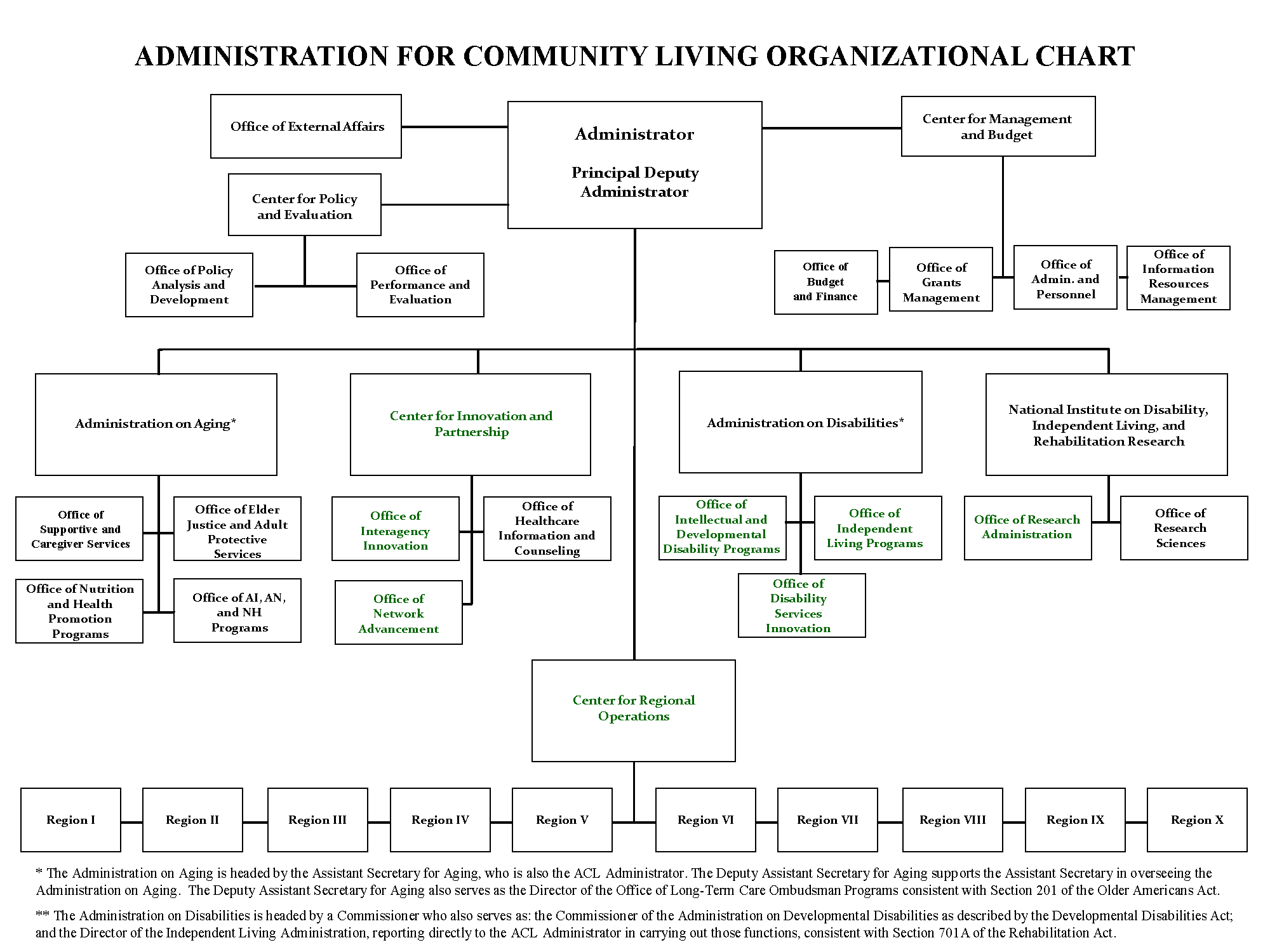




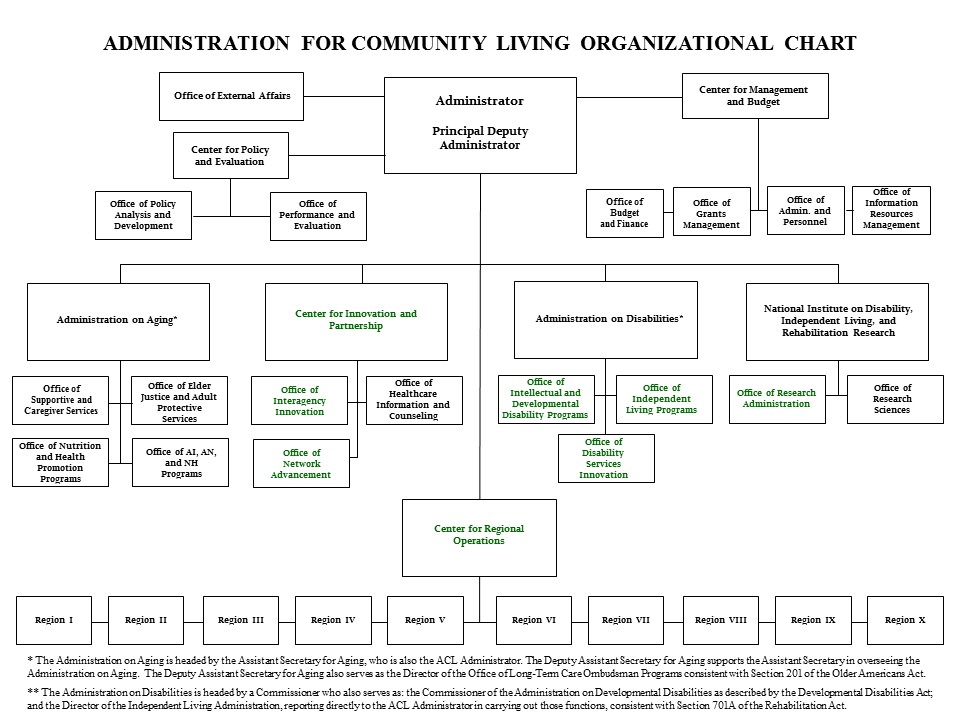





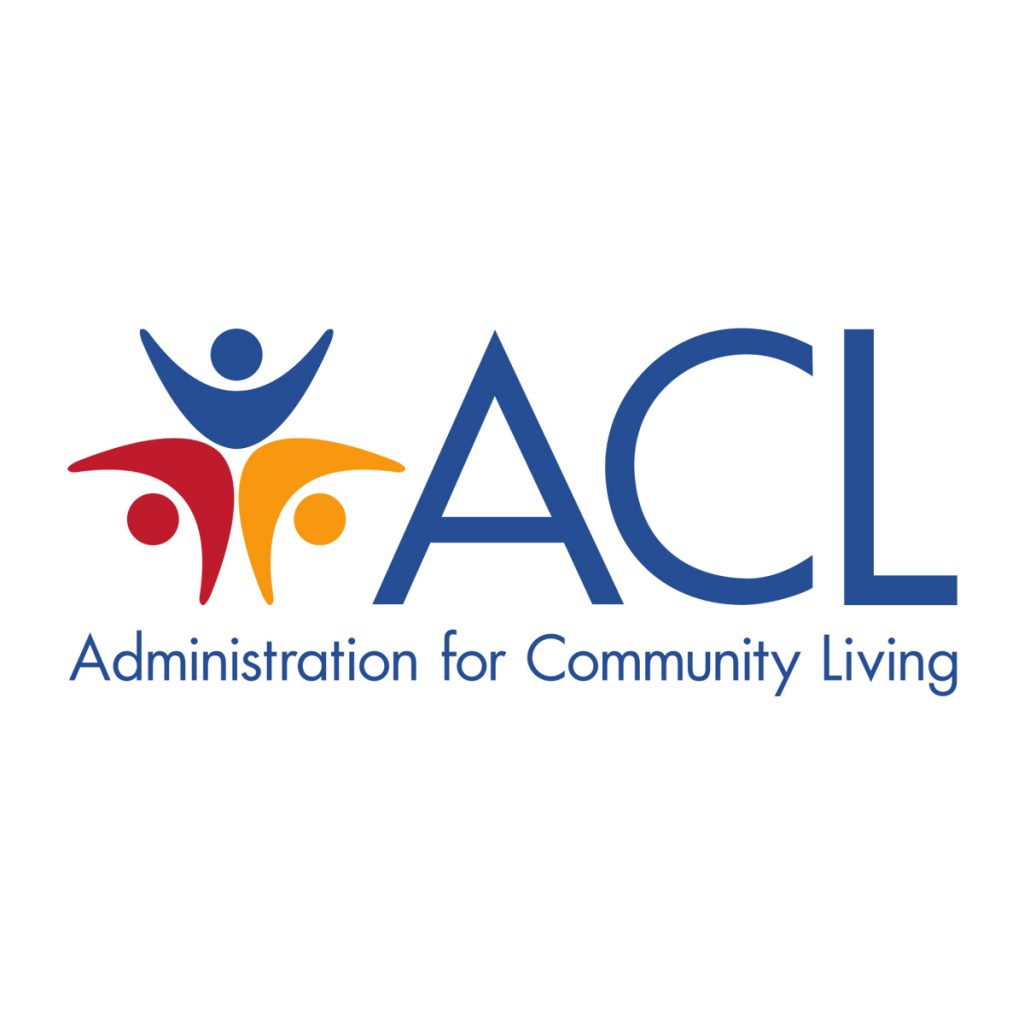

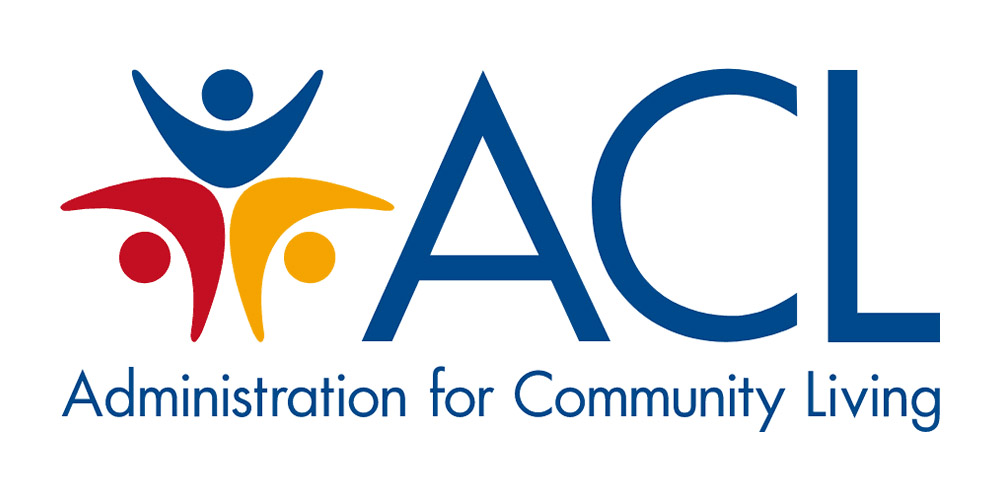

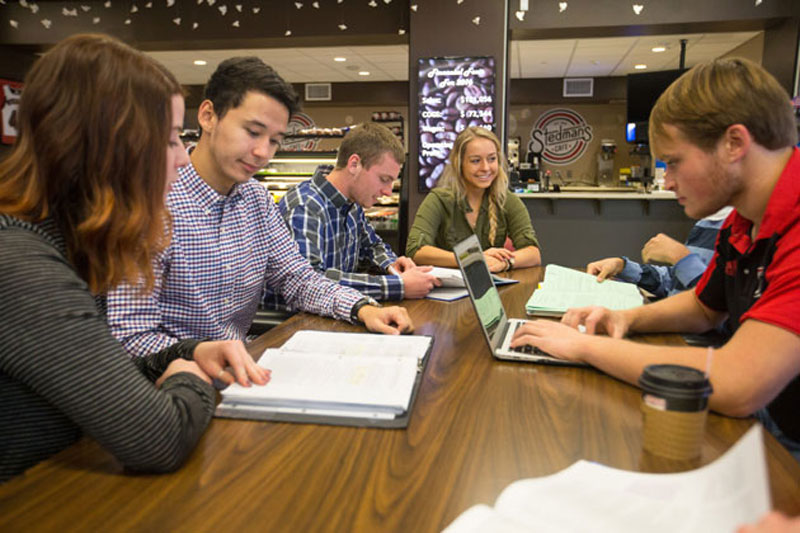






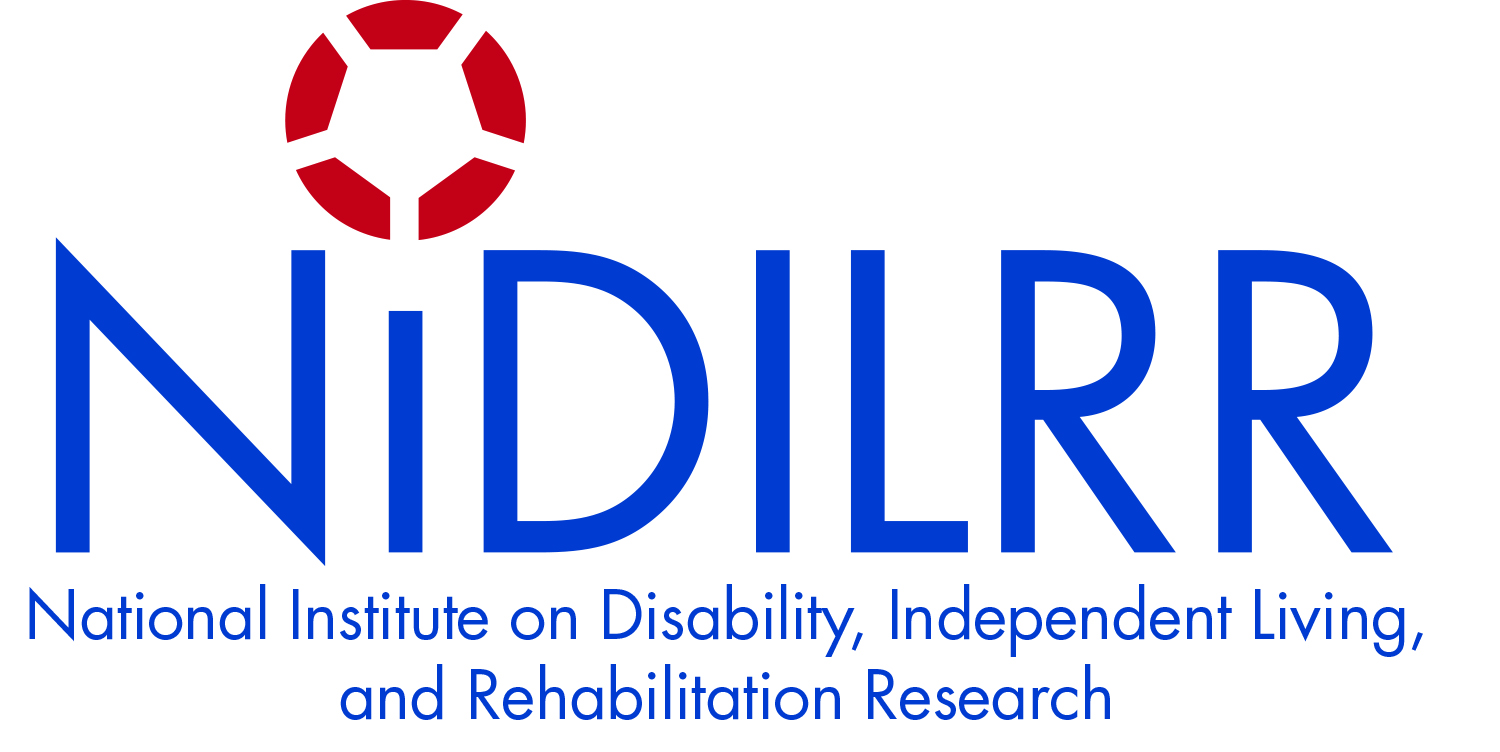




No comments:
Post a Comment
Note: Only a member of this blog may post a comment.